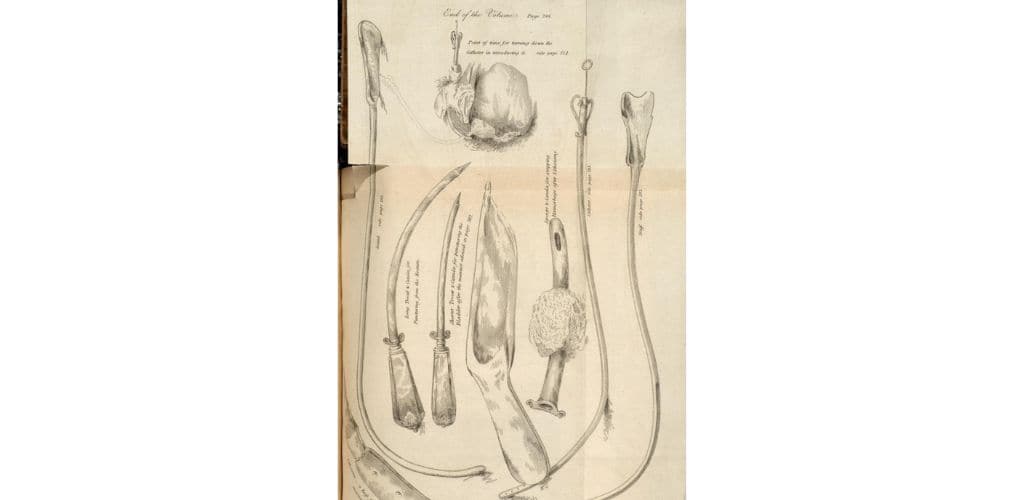The Federal Circuit has vacated a District of Delaware ruling in a patent case which found that patent claims asserted by Astellas Pharma were invalid under 35 U.S.C. § 101 for being directed to an abstract idea. The Federal Circuit found that the district could had violated the presumption of validity that the court was supposed to apply under 35 U.S.C. § 282.
The case is Astellas Pharma, Inc. v. Sandoz Inc.
As the Federal Circuit explained,
In 2012, the U.S. Food and Drug Administration (“FDA”) approved the New Drug Application (“NDA”) for extended-release mirabegron tablets for the treatment of overactive bladder (“OAB”), which Astellas markets and sells under the brand name Myrbetriq®. Mirabegron is a beta-3 agonist that stimulates beta receptors in the bladder, thereby inducing bladder relaxation and improving bladder function.
Astellas discovered that immediate-release formulations were affected by the presence or absence of food in a patient’s stomach, causing too much or too little of the drug to be absorbed into the bloodstream. Astellas thus developed sustained-release formulations of mirabegron to overcome this problem. Those formulations are covered by the claims of the ’780 patent at issue in the case.
The ’780 patent has two independent claims, each directed to a sustained-release pharmaceutical composition comprising mirabegron.
On November 24, 2020, the day that the ’780 patent issued, Astellas sued several companies for alleged infringement of the patent.
One of the defendants, Sandoz, claimed that the asserted claims were invalid under 35 U.S.C. §§ 102 (for anticipation), 103 (for obviousness), and 112 (for written description, enablement, and indefiniteness).
The district court found three claims of the ’780 patent invalid as directed to patent-ineligible subject matter under 35 U.S.C. § 101 – an argument not raised by the defendants — because the claimed invention “reflects merely the discovery of the food-effect-resolving dissolution profile.”
On appeal, the Federal Circuit noted that
35 U.S.C. § 282 … provides that “[a] patent shall be presumed valid” and that “[t]he burden of establishing invalidity of a patent or any claim thereof shall rest on the party asserting such invalidity.”
Here, said the court,
the district court appears to have misapprehended its role in adjudicating the issue of patentability. It interpreted Astellas’s “zealous defense” on issues of § 112 as “conced[ing] that the ’780 patent is enabled because it claims invalid subject matter: a natural law applied via routine, conventional, and well-known methods.” … It then used that “concession” to hold the patent invalid on a ground never advanced by Sandoz. That was an abuse of discretion.
“Curiously,” said the Federal Circuit, “the district court did appear to appreciate that the issue of patent eligibility was not asserted by Sandoz.”
The Federal Circuit noted that the district court apparently believed patent eligibility under 35 U.S.C. § 101 to be a “threshold inquiry that it had a duty to address—even in the silence of the parties—akin to, for example, subject-matter jurisdiction.”
However, said the court, “the presumption of validity afforded to patents under § 282 applies equally to all grounds of validity, including the eligibility of the claimed subject-matter.”
Thus, because it found the district court abused its discretion in holding the asserted claims invalid under 35 U.S.C. § 101, a ground not invoked by Sandoz, the Federal Circuit vacated the judgment and remanded.
Just like the haiku above, we like to keep our posts short and sweet. Hopefully, you found this bite-sized information helpful. If you would like more information, please do not hesitate to contact us here.


